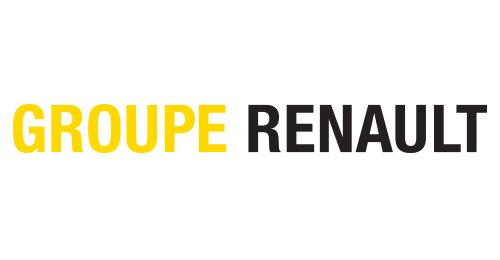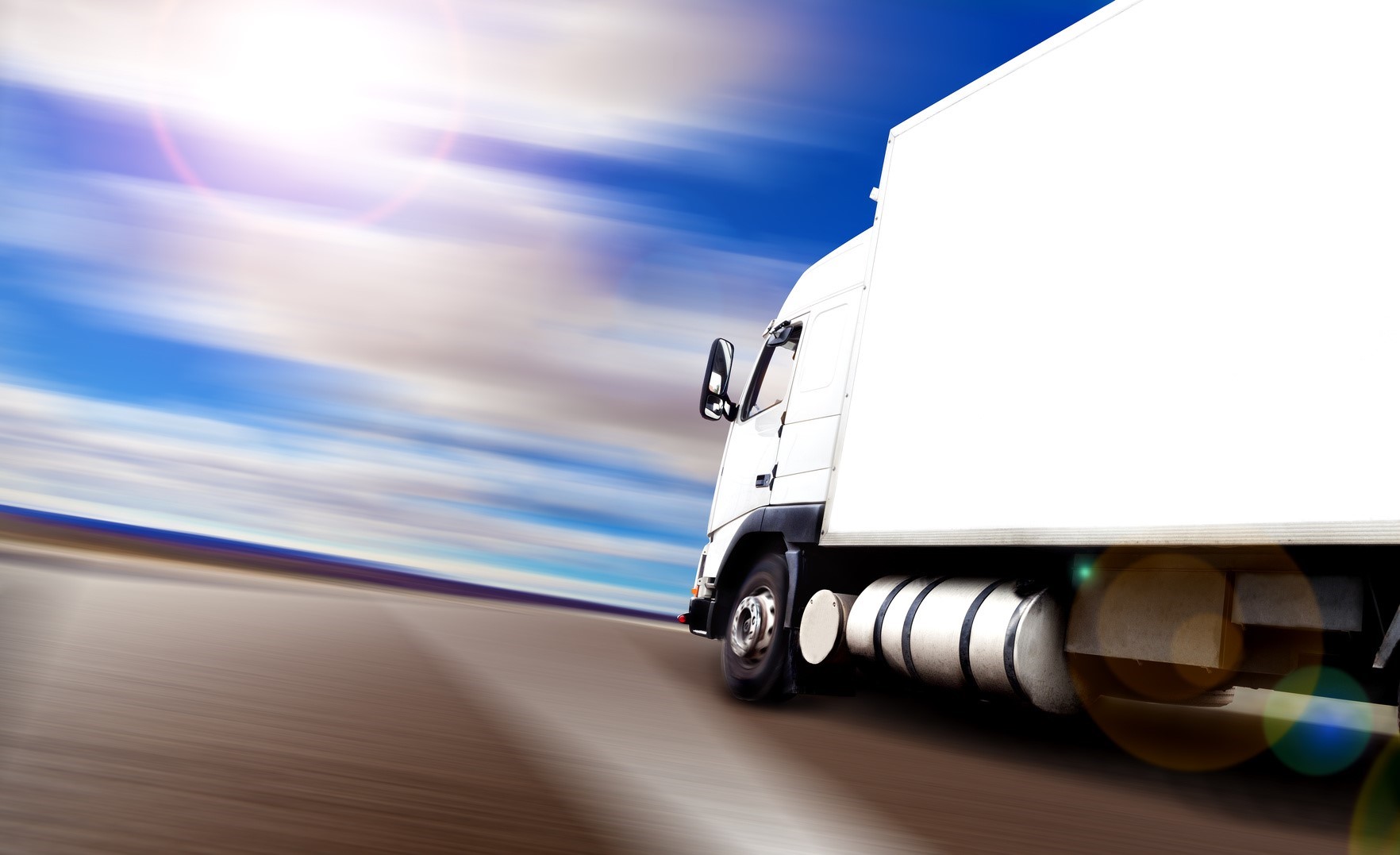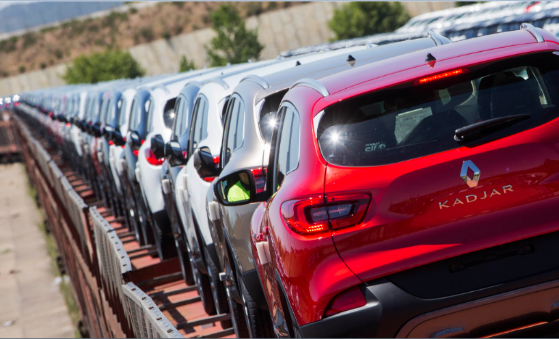Renault group - Implementation of the "fuel reduction" program
The implementation of the "fuel reduction" programme with the group's road hauliers is a flagship action of the Renault LOGISTICS ECO2 plan. In every tender of ach....
Read more
Name : RENAULT Group
Commitment date: 15/10/2015
Business sector: Machinery and equipment / Automotive
Scope: Europe
Download our press kit
Filling rate

Distance optimisation

Transport mode

Responsible purchasing
PRESENTATION OF THE RENAULT GROUP
A car manufacturer since 1898, the Renault group is an international group present in 125 countries, selling more than 3.182 million vehicles in 2016. Today, it has more than 120,000 employees, 36 manufacturing sites and 12,000 sales outlets worldwide. To meet the major technological challenges of the future and pursue its profitable growth strategy, the group is relying on its international development, the complementarity of its three brands (Renault, Dacia and Renault Samsung Motors), the electric vehicle and its unique alliance with Nissan. With a new team in Formula 1 and a strong commitment to Formula E, Renault is making motor sport a vector for innovation and brand awareness.
ENVIRONMENTAL OBJECTIVE
Renault's environmental policy responds to 3 major challenges: climate, resources and health. It is based on the vehicle life cycle in order to prevent and reduce the environmental footprint of its vehicles from generation to generation.
Renault has implemented a strategy to reduce greenhouse gas emissions that applies not only to its products, but also to all its industrial and tertiary activities. The Renault group's environmental policy is to reduce its global carbon footprint, by an average of 3% per year per vehicle sold between 2010 and 2016, and to reduce the environmental footprint of each model, from generation to generation, at every stage in the life cycle of its vehicles, from design to disposal. By the end of 2015, the Renault group had already reduced its greenhouse gas emissions by 14.9%.
100% of the Renault group's production sites have been ISO14001 certified since 2008. The environmental management system implemented on a daily basis at the manufacturing sites makes it possible to gradually reduce energy and water consumption as well as water and air emissions. These results are regularly audited and certified. They thus contribute to reducing the environmental footprint of vehicles from generation to generation.
Renault group vehicles produced in Europe will contain 30% recycled materials in 2015, rising to 33% in 2016. Renault is the leader in the integration of recycled plastics into the mass of plastics used per vehicle, with a rate of 13% in 2014. This rate is constantly rising, with 20% of New Espace plastics recycled.
Renault group vehicles produced in Europe are also 85% recyclable and 95% recoverable. The use of recycled materials such as plastic and copper thus helps to reduce the environmental impact of the extraction and production phase of these materials.
The logistics of supplying vehicles from the production and distribution sites to the sales network is one of the activities that impacts the group's carbon footprint. It is an important lever in the context of the Renault group's internationalization.
AN ECO2 LOGISTICS PLAN TO REDUCE THE CARBON FOOTPRINT AND OPTIMIZE THE PERFORMANCE OF THE RENAULT SUPPLY CHAIN
In recent years, the Renault group has become increasingly international, even though it will retain nearly 58% of its sales in Europe in 2015. This trend has a clear impact on the Supply Chain, which has accompanied this intensification of logistics activity. To accompany this trend towards internationalization, the Purchasing strategy has evolved towards a reinforced localization of parts suppliers in the manufacturing countries.
For its part, the Supply Chain has been committed since 2011 to a "Logistics Eco²" plan aimed at limiting the environmental impact of transporting parts to assembly plants and manufactured vehicles to the sales network.
The objective of the "Logistics Eco²" plan to reduce CO2 emissions by 10% between 2010 and 2016, on a comparable scope of activity, has been fully achieved. A new plan has been defined for the coming years. Specific measurement tools and a so-called "KPI" (Key Performance Indicator) evaluates Supply Chain performance, measured in kgCO2-eq per vehicle produced.
Thanks to the actions undertaken, the Supply Chain has almost reached its objectives for reducing its CO2 emissions.
In 2015, on the strength of this positive dynamic, the Supply Chain has voluntarily committed itself to the " FRET21 : the shippers commit" approach. This COP21-labelled initiative is led by the Ministry of Ecology, sustainability and Energy, in partnership with ADEME (Agency for the Environment and Energy Management) and AUTF (Freight Transport Users' Association). By signing this Charter, Renault has secured the support of major partners who will attest to its commitment to the environment.
The charter was co-signed in October 2015 for the Renault group by Mark SUTCLIFFE, Director of Supply Chain, Jean-Philippe HERMINE, Director of the Environmental Plan, and Philippe SCHULZ, Energy-Environment Leader Expert. This co-signature is a token of the common commitment between logistics and the environment to ensure the success of the plan and demonstrates the contribution of Supply Chain to the company's environmental objectives. This approach reinforces the "Logistics Eco²" plan by continuing the efforts on the major levers of this plan.

The implementation of the "fuel reduction" programme with the group's road hauliers is a flagship action of the Renault LOGISTICS ECO2 plan. In every tender of ach....
Read more
Improving truck filling is one of the major levers of the Renault LOGISTICS ECO2 plan. In 2016, European truck loadings continued to increase by 1.4%, making it possible to avoid ....
Read more